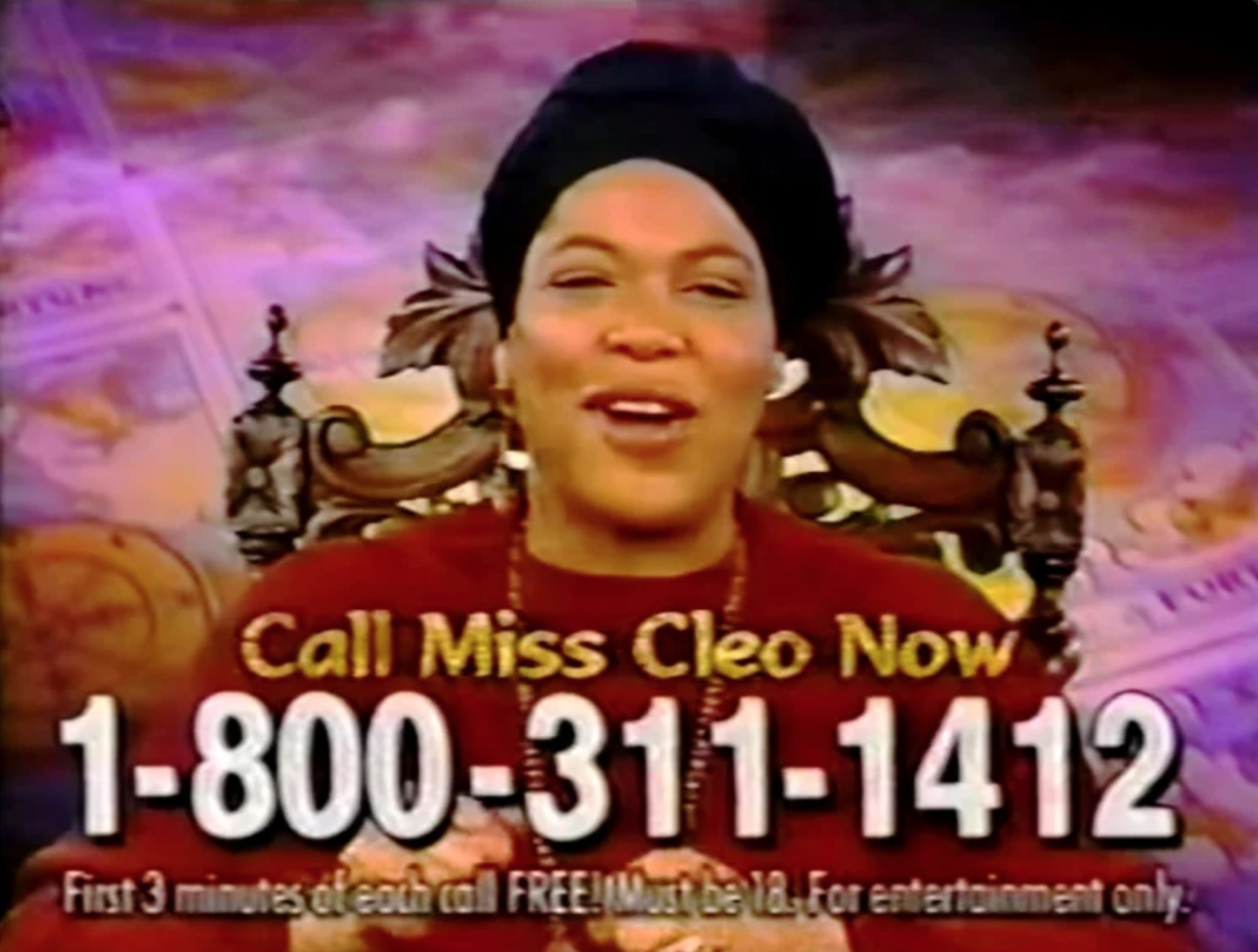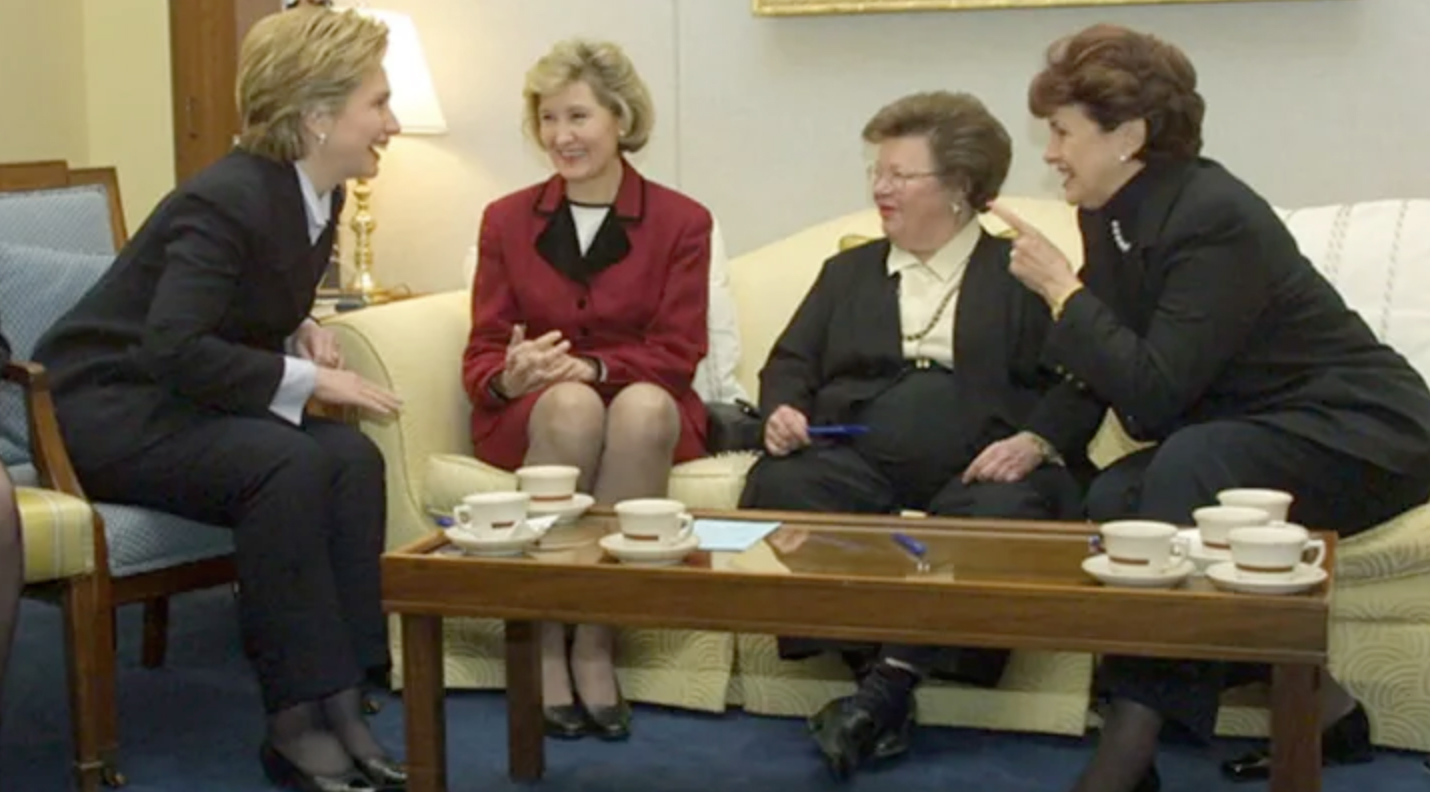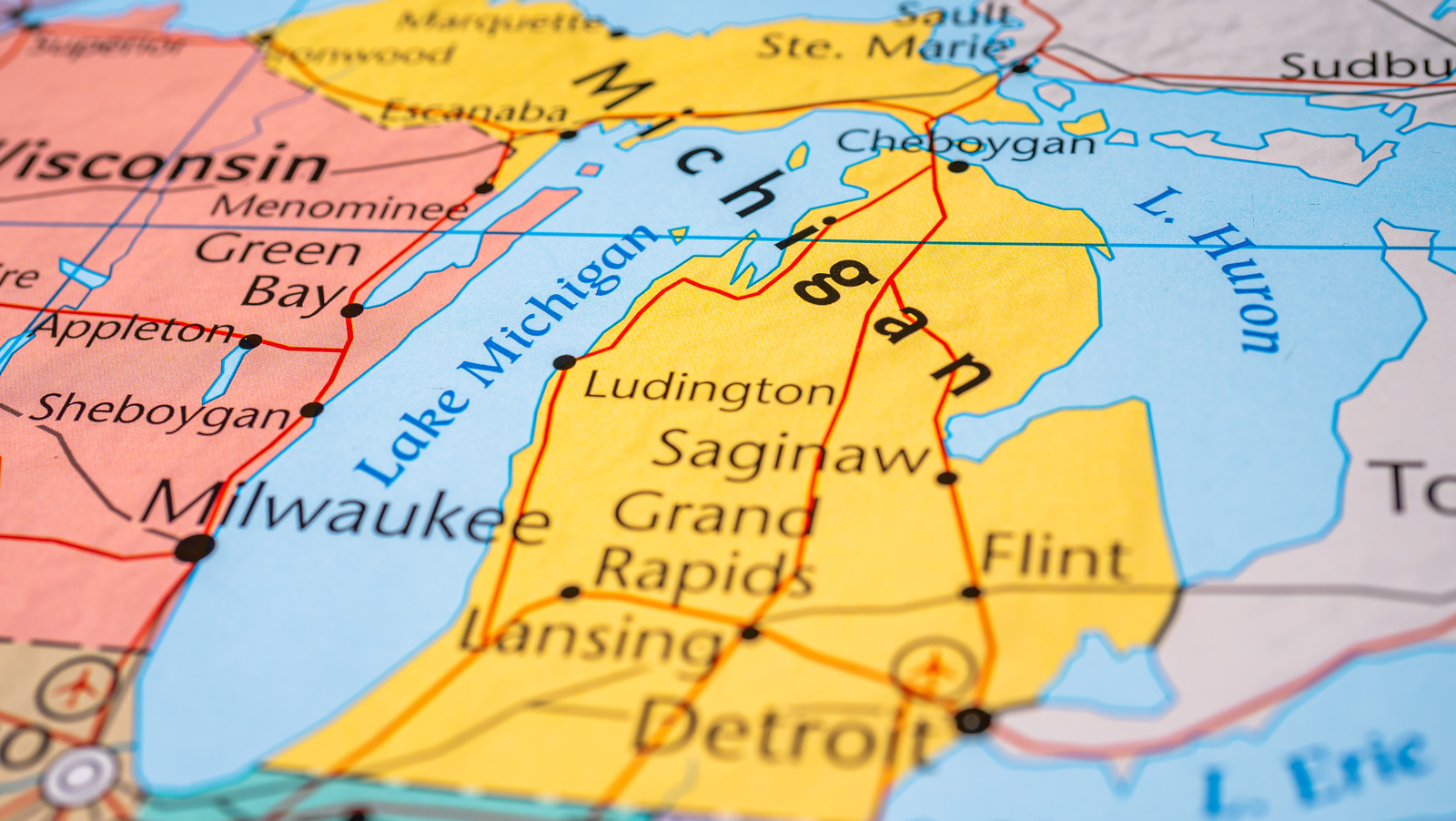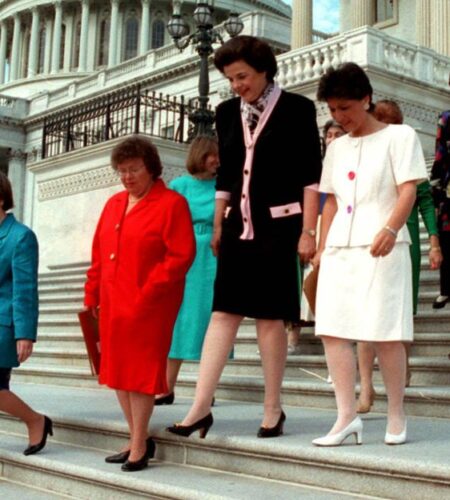
You Won't Believe What Was On The Books In the '90s
The 1990s were a time of rapid technological and cultural change, yet some laws from a bygone era still lingered. These quirky and outdated regulations ranged from amusingly strange to outright baffling. Many of these legal oddities have since been repealed, but they offer a fascinating glimpse into how the world was still catching up with modern sensibilities. Let’s dive into 10 of the weirdest things that were still illegal in the ’90s.
Not Registering as a Communist in Ebensburg, Pennsylvania
In Ebensburg, Pennsylvania, a Cold War-era ordinance required communists to register with local authorities if they entered or left the town. This law, a relic of McCarthyism, was a stark reminder of the paranoia that gripped the U.S. during the 1950s. By the 1990s, the rule was rarely enforced and widely mocked, but it wasn’t formally repealed until 1996. The law’s existence reflected a time when political ideologies were policed as a matter of national security—even in small towns like Ebensburg.
Getting Your Fortune Told
Fortune-telling may seem like harmless fun, but in the ’90s, several states still viewed it as a serious offense. In Nebraska, a man was charged for running a fortune-telling business, sparking a legal battle over free speech and belief. The case reached the Court of Appeals, which deemed the law unconstitutional in 1996. However, bans on fortune-telling persisted in other states, including Pennsylvania, until the late ’90s. These laws reveal how deeply entrenched skepticism—and fear—of the occult remained in American culture.
Women Wearing Pants on the Senate Floor
Thanks to the Ethics Reform Act of 1989, government employees were prohibited from accepting paid work outside their official duties, even if it involved unrelated hobbies. This unusual provision ensnared a crossword puzzle writer employed by the government, forcing him to choose between his job and his passion. The rule was eventually amended in 1992, but for a time, it turned something as innocuous as puzzle writing into a legal gray area. It’s a peculiar example of how broadly written laws can have unintended—and downright silly—consequences.
Dancing to the National Anthem in Michigan
Until 1993, an outdated dress code barred women from wearing pants on the Senate floor, forcing female staffers to keep dresses on hand for unexpected work calls. The rule symbolized a larger issue of gender inequality in professional spaces. Change came when Senators Carol Moseley-Braun and Barbara Mikulski deliberately broke the rule, wearing pantsuits to work. Their quiet act of defiance spurred the Senate to update its dress code, proving that even small acts of rebellion can lead to progress.
Advertising "Lost Manhood" in Michigan
In Michigan, a peculiar law prohibited dancing to The Star-Spangled Banner in public places. It even mandated that performances of the anthem in theaters or restaurants be sung in their entirety without embellishments. While the law may have originated from a desire to preserve respect for the national anthem, by the ’90s, it was seen as more absurd than patriotic. Though it wasn’t repealed until 2015, its existence during the ’90s remains a strange chapter in Michigan’s legal history.
Mocking Someone for Not Dueling in Michigan
It sounds like something out of a Victorian novel, but in the 1990s, Michigan still had a law prohibiting the public ridicule of anyone who refused to duel. While dueling itself had been outlawed long before, this law sought to protect the “honor” of those who declined a challenge. It’s hard to imagine anyone engaging in dueling-related disputes by the ’90s, but the law remained on the books until later legal reforms removed this historical curiosity.
Buying a 15.5-Ounce Beer in Florida
Florida beer enthusiasts in the ’90s faced a strange hurdle: a law banning the sale of beer in non-standard sizes like 15.5 ounces. This regulation, designed to standardize alcohol packaging, inadvertently excluded many craft and imported beers from the market. The law was repealed in 2001, but even then, craft beer aficionados had to wait until 2015 for the legalization of 64-ounce growlers. It’s a case of well-meaning regulation clashing with consumer demand and the evolving beer industry.
Selling Colored Margarine in Wisconsin
In Wisconsin, the Dairy State, selling yellow-colored margarine was technically illegal for much of the 20th century as a way to protect the dairy industry. While the law wasn’t widely enforced by the 1990s, it still represented a bygone era of agricultural lobbying power. By the end of the decade, many such “margarine bans” were repealed across the U.S., though the story of colored margarine remains a quirky chapter in the history of food regulation.
Releasing Balloons in Virginia
In Virginia, it was illegal to release more than 49 balloons at a time due to environmental concerns. This law, while grounded in ecological reasoning, seemed oddly specific. It targeted celebratory balloon releases, which posed a threat to wildlife and contributed to litter. While still in place today, the law stood out in the ’90s as an unusual—and forward-thinking—example of environmental legislation.

